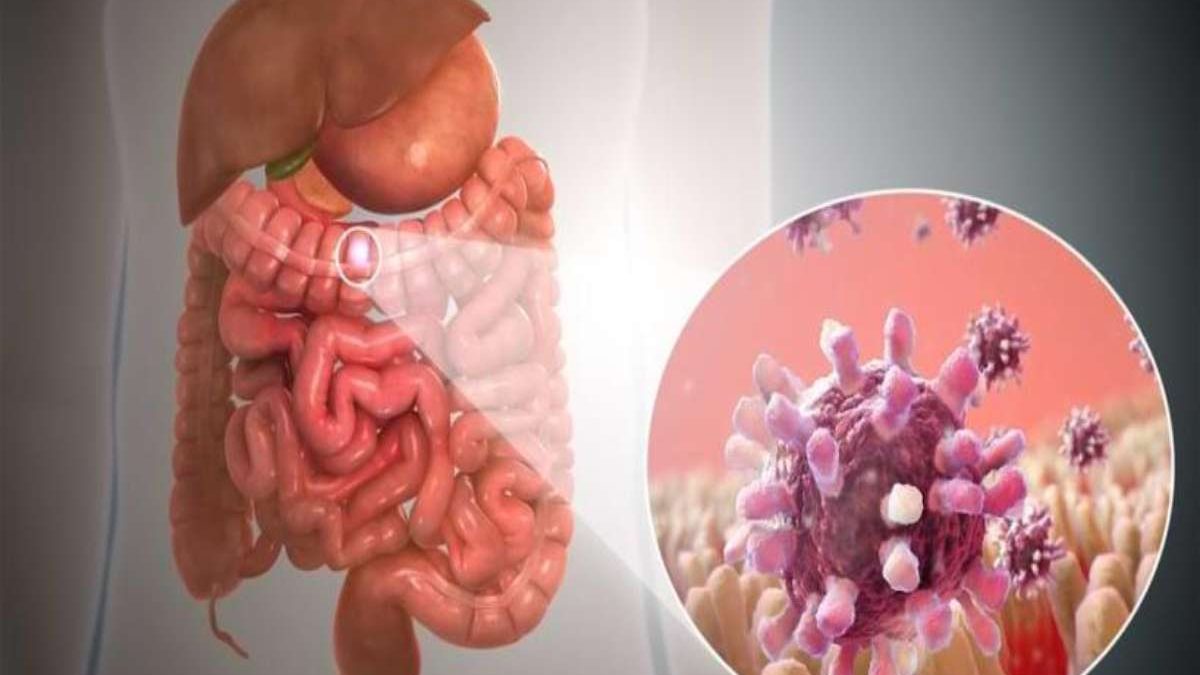Treatment of cancer within the digestive tract has been reaching great advancement with improvement and is really changing the way it approaches patient treatment. This is becoming far more focused, less invasive, and improved in terms of daily aspects of survival or quality of life. Let it be from personalised therapy to high-technology radiation approaches; modern therapy is made with a meaning within its wake for having a better encounter against these complex diagnoses.
Table of Contents
Understanding Digestive Tract Cancers
Digestive tract cancers naturally go beyond these two organs; they can also be cancers of the oesophagus, stomach, pancreas, liver, or even colon. Different types of cancers have different challenges with respect to treatment; hence, a treatment plan is designed according to patients. The most crucial thing that remains in improving prognosis is the early diagnosis of cancers, hence emphasising the need for regular cancer screenings and attention to early symptoms.
Precision Medicine: A Personalised Approach
One very realistic innovation regarding treating cancers in the digestive tract is precision medicine. It uses genetic profiling of tumours to identify their particular mutations or markers to allow oncologists to understand how treatments tailored specifically to this cancer-targeted approach would work out. For example, treatments may be aimed at blocking the growth potential of the cancerous tissues but leaving normal tissues functioning, thus reducing side effects compared to traditional chemotherapy.
Another innovation in this place is immunotherapy. This is still less intrusive and more naturalised towards the treatment of diseases in the digestive tract, and it helps to make the body’s immune system recognise the cancer cells and attack them. For some patients, this treatment has worked wonders, even for patients that are already long past the advanced stage of the disease.
The Role of Radiation in Modern Treatment
Radiation therapy is possibly the most common way to treat cancer nowadays. It has been improved quite a lot to become even more refined and very effective. Radiation therapy, as through IMRT (intensity-modulated radiation therapy) or proton therapy, allows the doctor to bombard with very high doses the regions of the tumour while all the healthy adjacent tissues remain unequally exposed.
It will also be administered to shrink tumours for surgery or to eliminate residual cancerous tissues after surgery. Colon cancer radiation is very helpful when surgery alone is not enough, so that patients can be treated as a complete therapy option that becomes a logic for treatment for patients.
Minimally Invasive Procedures for Internal Surgery
Surgery would still dominate all the treatment options for many cancers in the digestive tract, but now such surgical treatments take much less time to recover from and suffer far fewer complications. Surgery with laparoscopic and robotic assistance permits smaller incisions, greater precision, and more rapid teeth mends. Minimally invasive methods are particularly suited for early cancers, as they are often able to achieve good results with less influence on the human body.
Integration of Care for Best Results
The best outcomes typically stem from combinations of several multispecialty treatments and support interventions. Furthermore, nutrition, as well as physical therapy and psychological support, are conducted to help patients manage side effects and require those services during therapy. Furthermore, holistic care does not provide focus on the disease alone but the whole person, and patients during their journey become supported in taking care of themselves.


